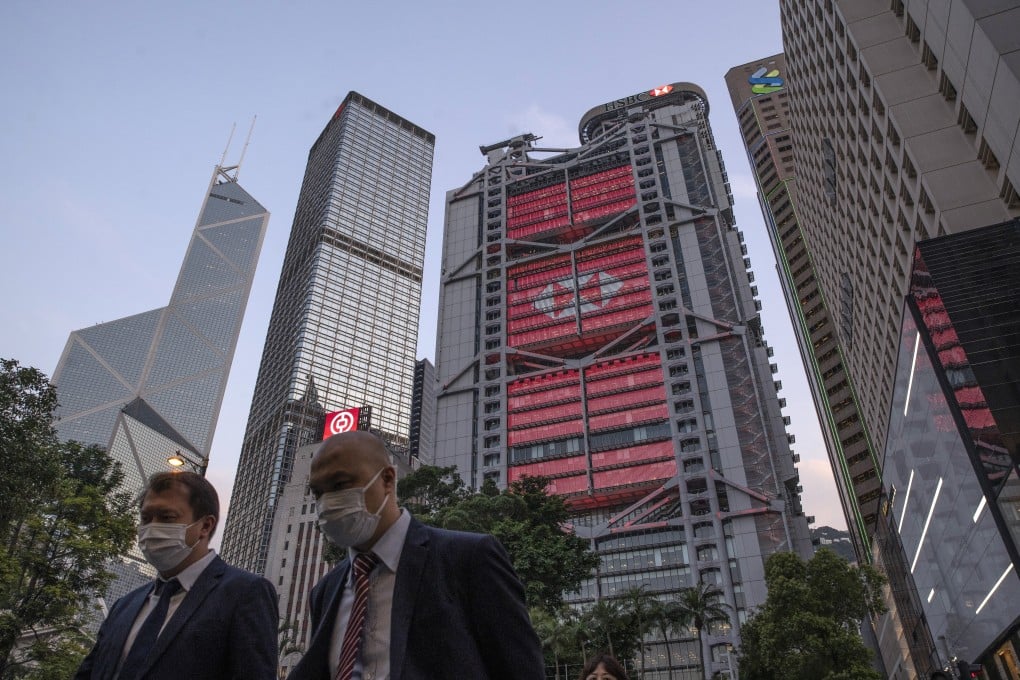US business wants Hong Kong to succeed, but companies need clear details about national security law to allay fears
- Nobody wants to see Hong Kong fail, but details of the legislation are crucial for the international business community to make better-informed decisions about whether they can comfortably maintain their presence in the city

Nobody wants to see Hong Kong fail as a key commercial city, including US companies. Hong Kong serves a unique and valued purpose as a gateway between East and West.
Over 1,300 US companies have offices here, providing around 100,000 jobs for Hong Kong residents and making a large contribution to key sectors of the economy: finance, real estate, law, trade and accounting. Hong Kong has one of the most efficient infrastructures in the world, it is a connecting point and it has attracted a strong pool of skilled talent.
But those positive factors could start to take a back seat if details of the national security law for Hong Kong remain opaque. Details of the legislation are crucial for the international business community to be able to make better-informed decisions about whether they can comfortably maintain their presence in this once-freewheeling business hub.

02:22
Hong Kong freedoms will not be eroded by Beijing’s national security law, Carrie Lam says
